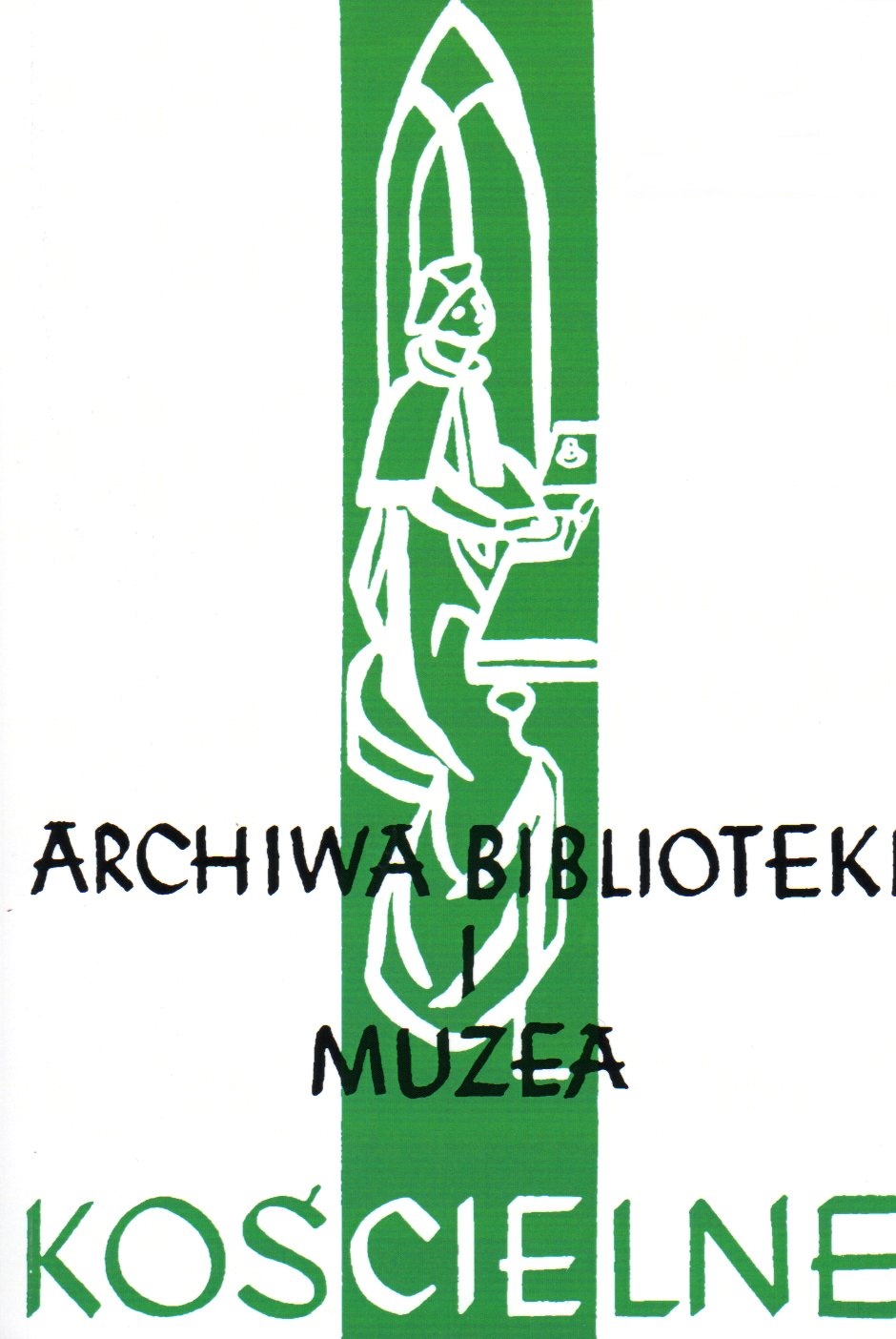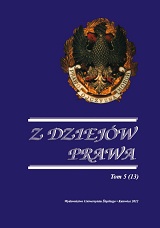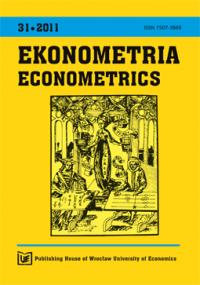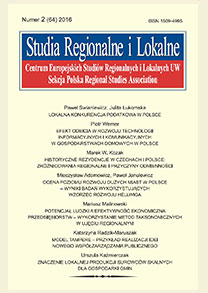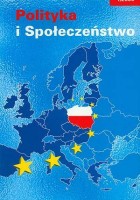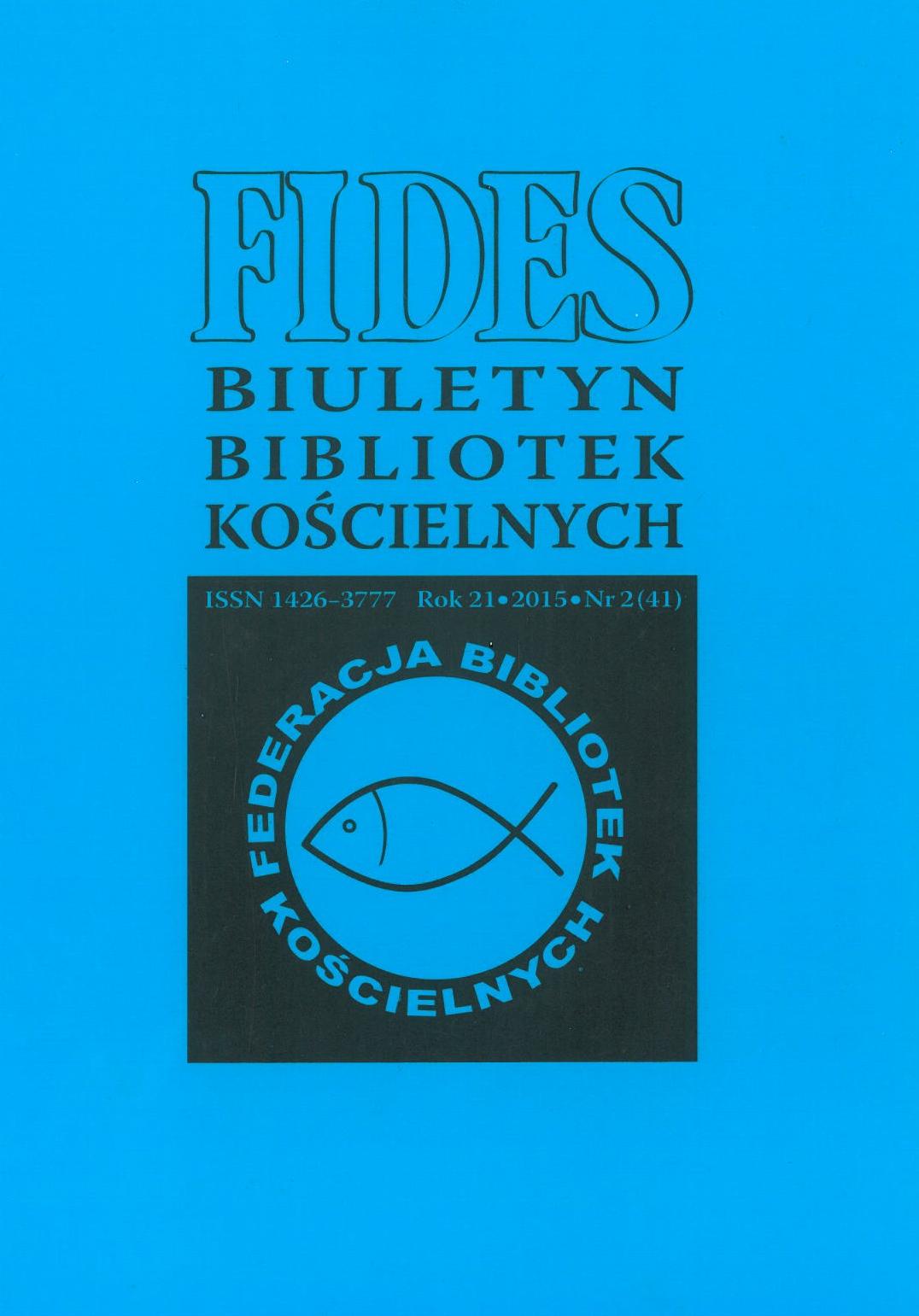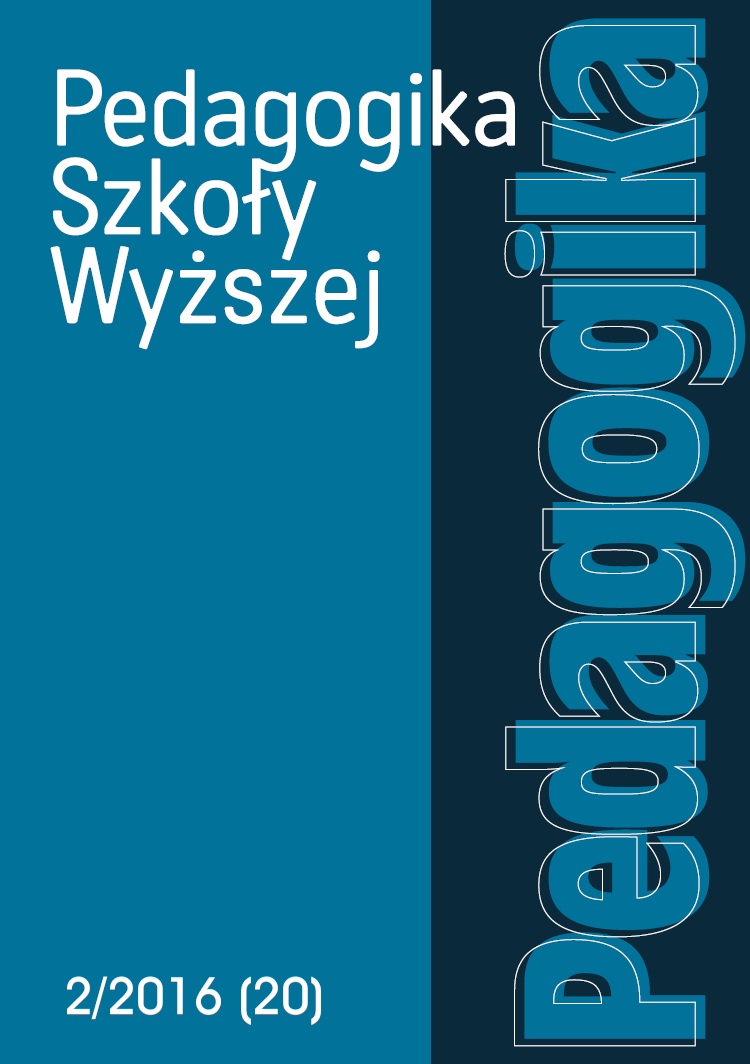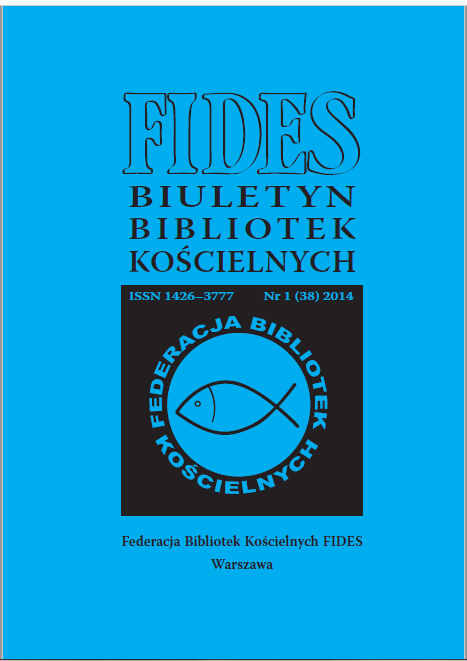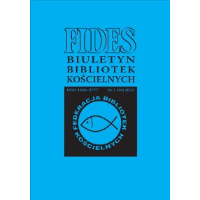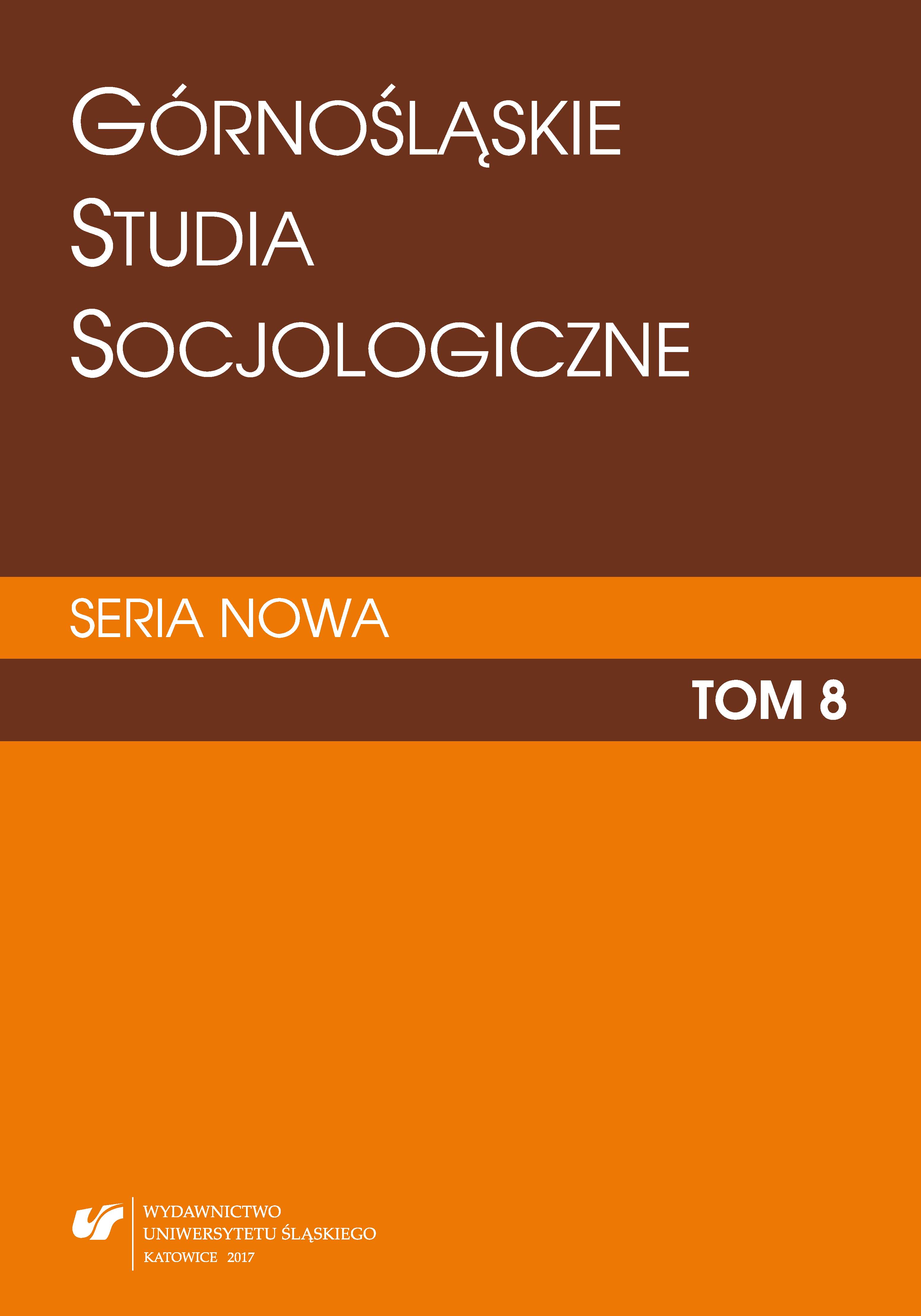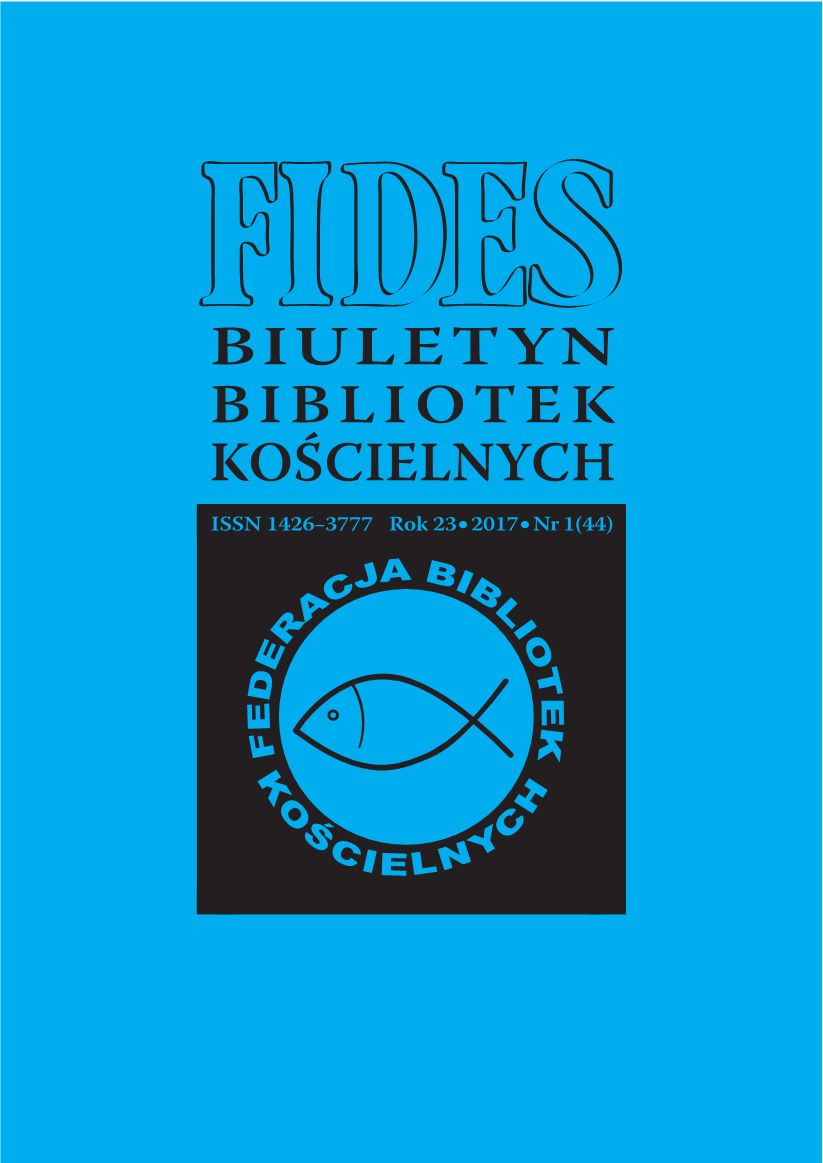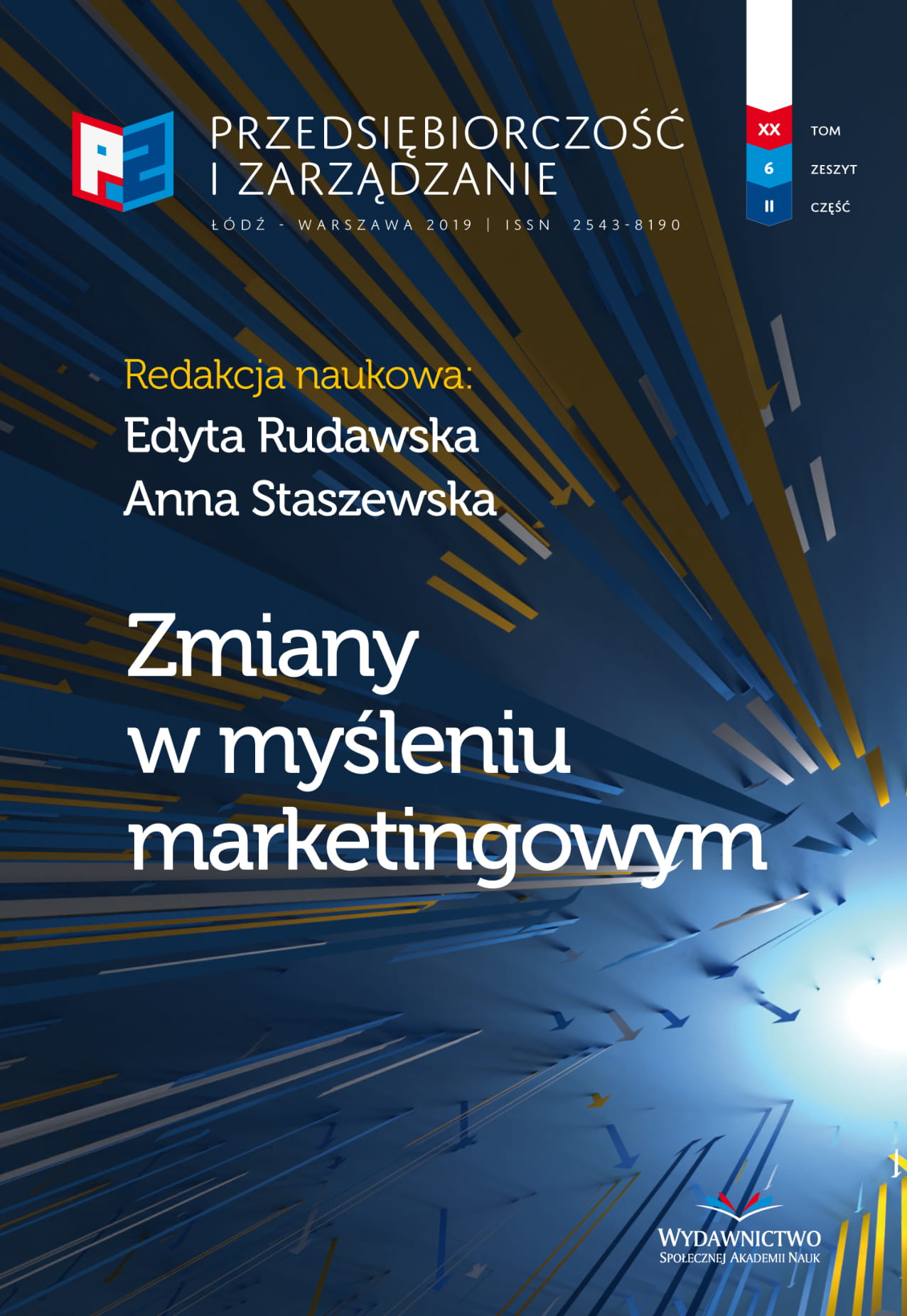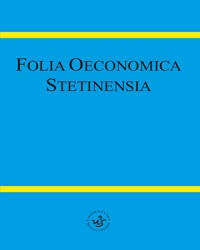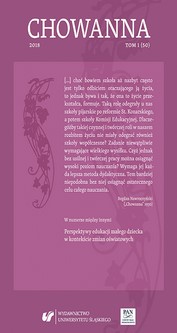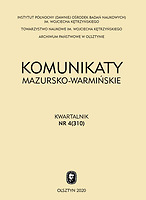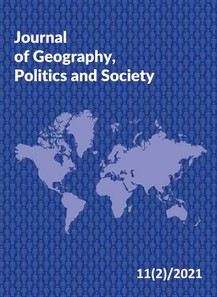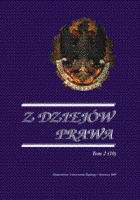
“A managerial role of PZPR” in the structure of the University of Silesia being created in 1968 and its overcoming
„Kierownicza rola PZPR” w strukturze powstającego w 1968 roku Uniwersytetu Śląskiego i jej przełamanie
One of the most significant principles constituting the political system in the doctrine of the totalitarian country functioning in Poland after 1944 was the principle of a managerial role of the communist party. It claimed that the working class could effectively lead a battle for power and only by means of the communist party it can combine with other non-proletarian groups of work people and attracted them. The role of the party understood in such a way was to constitute its managerial character in a social and thus academic life. This is the way the influence of the functionaries of the communist party on the creation of the university should be explained. Its role was not limited to the act of creation. According to the binding doctrine, each public institution should function in accordance with the structure of the managerial power of the country. The very role was most visible when shaping the personal politics. As early as at the stage of the plans of creating the university, the decisions were made by the suitable party authorities: It is required not to choose the new authorities of the university in WSP, leaving the existing authorities till the elections in October 1968 in the University of Silesia. The president was also appointed by the Executive of KW PZPR: The citizen Kazimierz Popio³ek is to be exempted from the position of a head of The Silesian Science Institute in Katowice and appointed to the position of the president of the University of Silesia in Katowice. The status quo at the level of the university was broken only after the creation of the NSZZ Solidarno.æ and the development of these principles which guaranteed a gradual introduction of mechanisms of the autonomy of a higher school to the practice of the functioning of the University of Silesia.
More...
